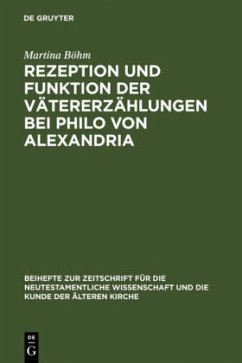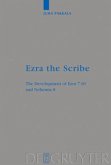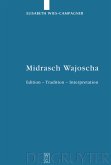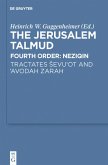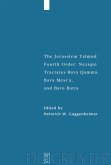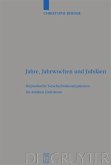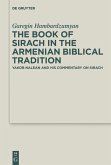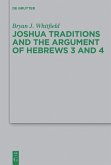The interpretation of the Patriarchal Narratives in the voluminous Corpus Philonicum is an exemplary demonstration of how formally and intentionally scriptural exegesis could stand in a complex mutual relationship to specific regional, medial, social and religious factors in the 1st century AD. Philo's three works on the Pentateuch show to what extent an exegete's hermeneutic principles can remain consistent and to what extent they could develop differently for different target groups. Findings of this kind provide a foundation which must be utilised for specific questions from the New Testament.
Die Interpretation der Vätererzählungen im umfangreichen Corpus Philonicum zeigt exemplarisch: Schriftauslegung konnte formal und intentional in einer komplexen Wechselbeziehung zu spezifischen regionalen, milieubedingten, gesellschaftlichen und religiösen Faktoren im 1. Jh. n. Chr. stehen. Philos drei Werke zum Pentateuch sind ein Ausweis dafür, in welchem Maße hermeneutische Prinzipien bei einem Exegeten konstant bleiben konnten und in welchem Umfang Entwicklungen unterschiedlichen Adressaten gegenüber möglich waren. Solche Ergebnisse bilden Grundlagen, die für spezielle neutestamentliche Fragestellungen fruchtbar gemacht werden müssen.
Die Interpretation der Vätererzählungen im umfangreichen Corpus Philonicum zeigt exemplarisch: Schriftauslegung konnte formal und intentional in einer komplexen Wechselbeziehung zu spezifischen regionalen, milieubedingten, gesellschaftlichen und religiösen Faktoren im 1. Jh. n. Chr. stehen. Philos drei Werke zum Pentateuch sind ein Ausweis dafür, in welchem Maße hermeneutische Prinzipien bei einem Exegeten konstant bleiben konnten und in welchem Umfang Entwicklungen unterschiedlichen Adressaten gegenüber möglich waren. Solche Ergebnisse bilden Grundlagen, die für spezielle neutestamentliche Fragestellungen fruchtbar gemacht werden müssen.

